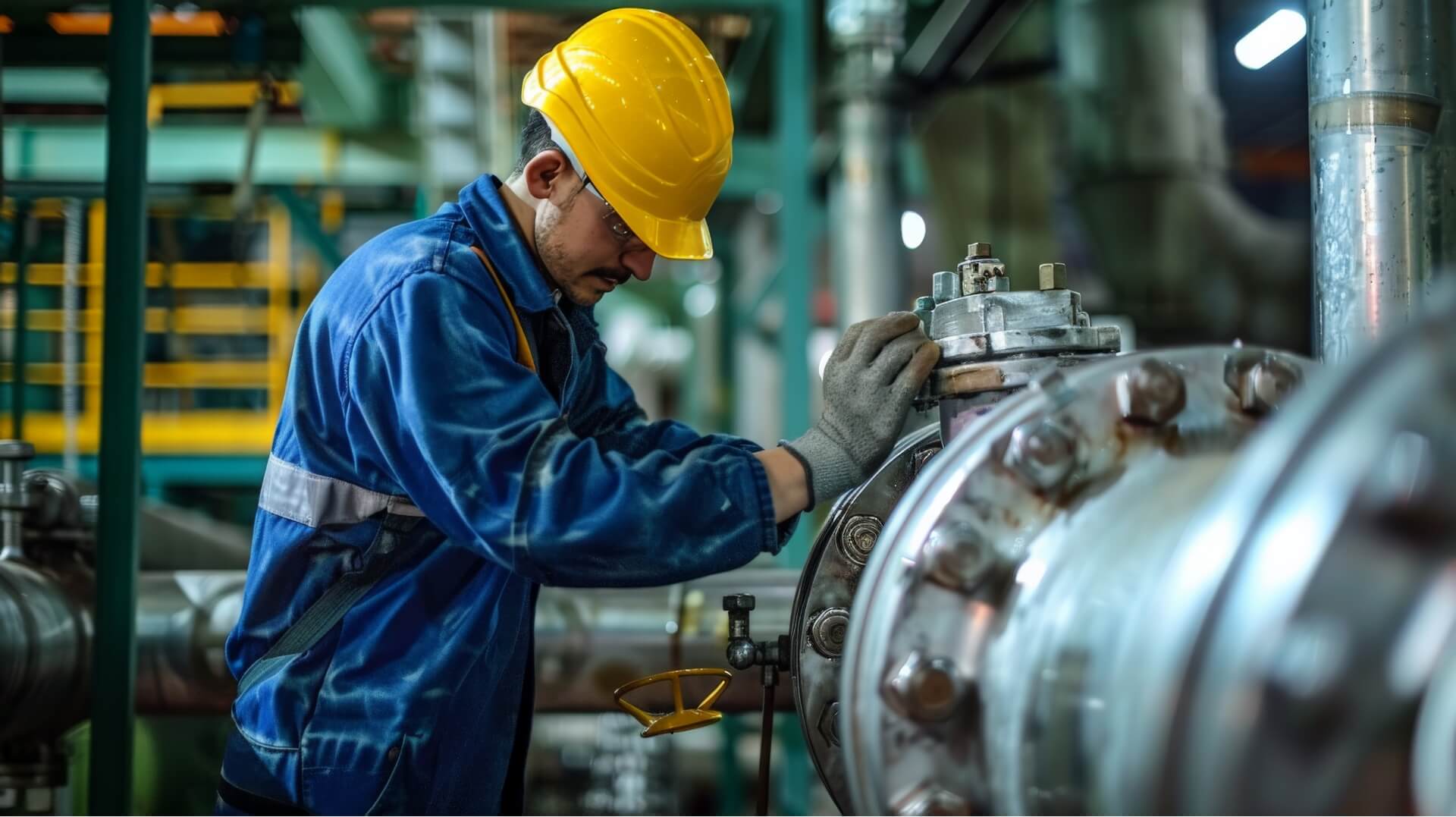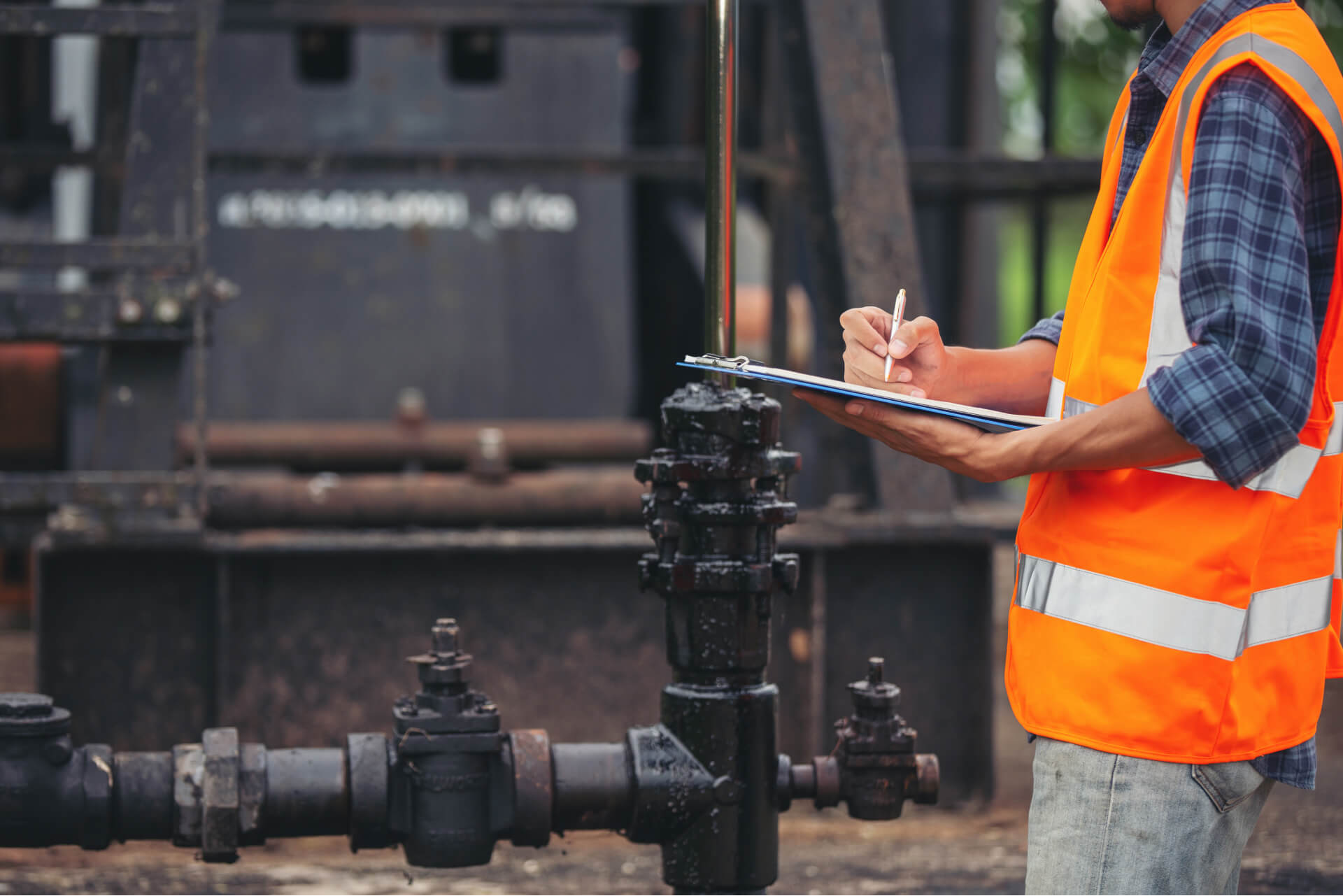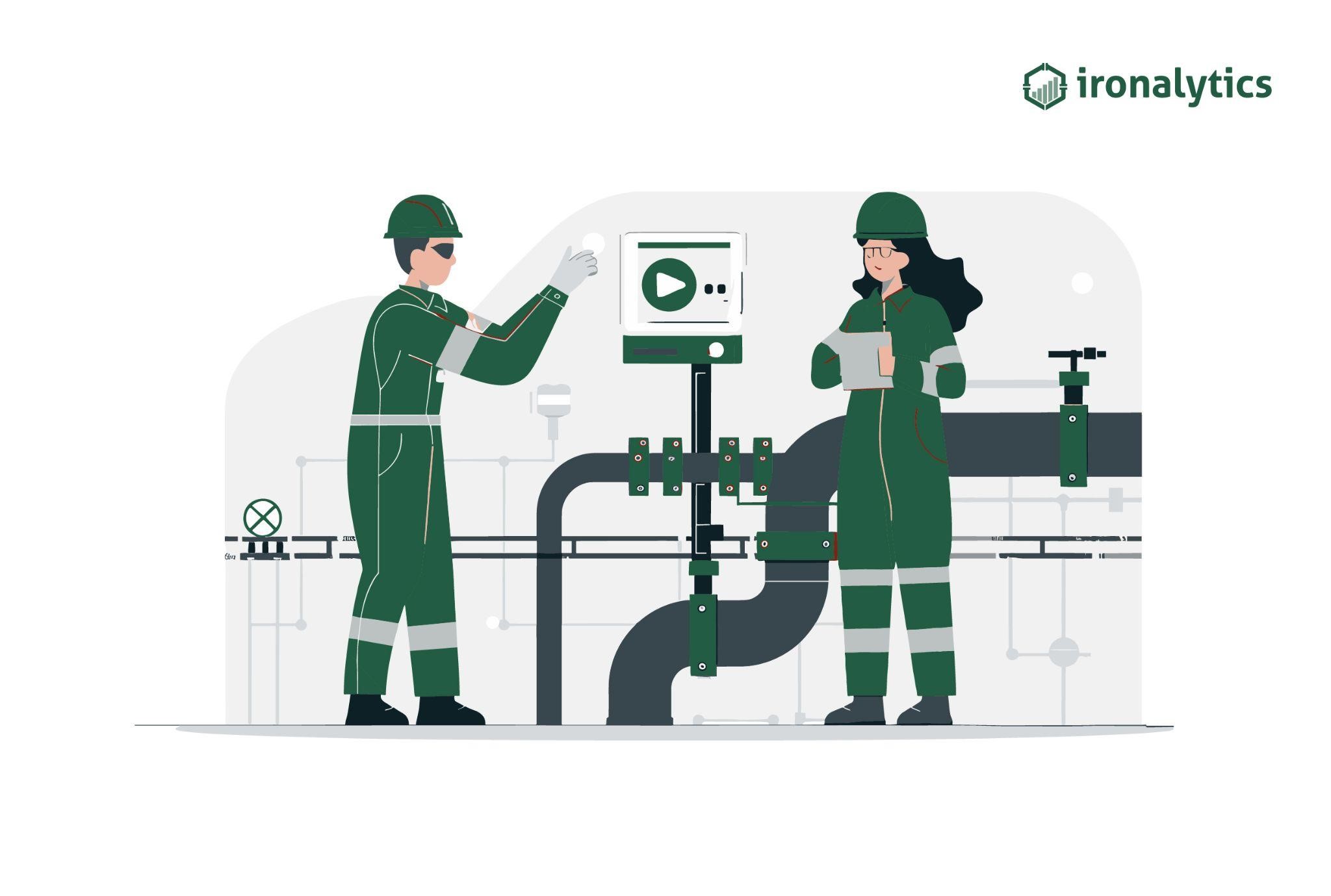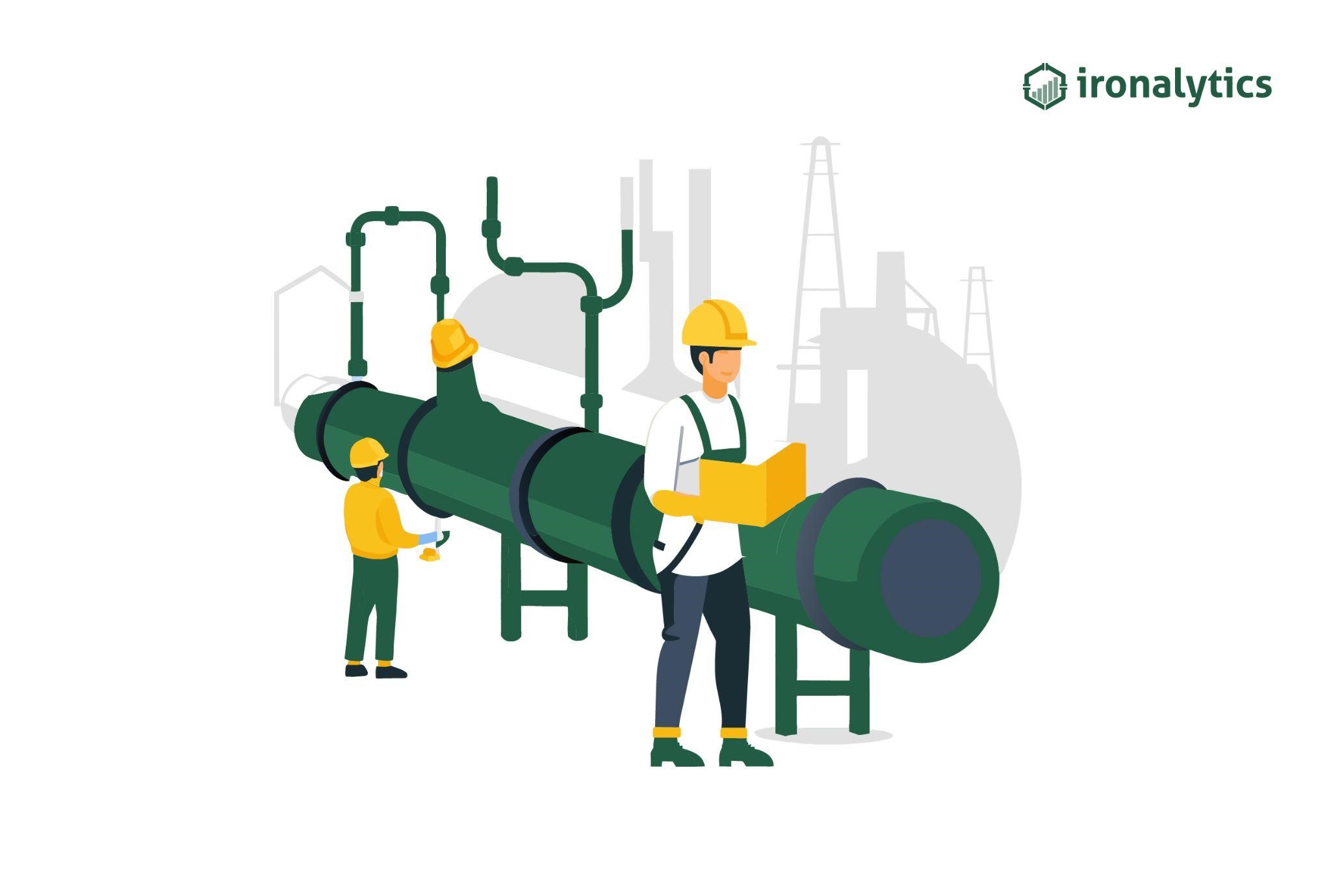Innovations Driving the Future of Pipeline Infrastructure

The Role of Automation in Pipeline Operations
Automation is transforming the pipeline industry, streamlining operations and increasing safety. With the implementation of automated monitoring systems, companies can detect and respond to issues such as leaks, pressure changes, or structural weaknesses in real time. This reduces the likelihood of accidents and helps avoid costly repairs or environmental damage.



The Impact of Smart Pipelines
Smart pipelines equipped with Internet of Things (IoT) devices and sensors are helping companies gather real-time data on pipeline performance. These technologies enable predictive maintenance, allowing operators to fix small issues before they become significant problems. The use of drones and robotics for inspections is also gaining popularity, offering more accurate and efficient assessments of pipeline integrity.


Green Pipelines: A Step Toward Sustainability
With growing pressure to reduce the carbon footprint of energy transportation, the pipeline industry is turning to green initiatives. From reducing methane emissions during transport to integrating renewable energy into pipeline operations, companies are exploring ways to minimize their environmental impact. These efforts not only protect the environment but also make pipeline operations more cost-effective and sustainable in the long term.










